Leaving Town? Make Your Thermostat Work For You
Whether you’re heading to work, taking a weekend trip, or planning a long vacation, adjusting your thermostat settings before leaving can make a significant difference on your energy bill. But how much should you change it? Will it hurt your system?
At Plumb Tite, we help homeowners across Cincinnati, Mason, and Northern Kentucky get the most out of their heating and cooling systems – without sacrificing comfort. Below, we’ll share the best thermostat settings for energy savings, broken down by season, along with expert tips for smart thermostat use while you’re away.
Why Your Thermostat Settings Matter
Your HVAC system is one of the biggest energy consumers in your home. If you leave it running full blast while you’re not home, you’re essentially paying for comfort you’re not using. On the other hand, turning it off completely can stress your system or make your home unsafe in extreme weather.
That’s why the best thermostat settings when away strike a balance between energy savings and system efficiency.
Best Thermostat Settings When You’re Away from Home
In the Winter (Heating Season):
- Set your thermostat to 55–60°F when you’re away for more than a day.
- This helps prevent frozen pipes and keeps your home safe, especially during cold Cincinnati winters.
- Avoid setting it lower than 55°F—your pipes and HVAC system will thank you.
In the Summer (Cooling Season):
- Set your thermostat to 78–85°F when you’re away.
- If you have pets or sensitive electronics, aim for 78°F. If the house will be empty, 82–85°F is safe and energy-efficient.
Local Tip: Homes in Mason and Cincinnati can experience high humidity in the summer. Keeping the system running at a higher temp (rather than turning it off) can also help reduce excess moisture and protect your home.
Consider a Smart Thermostat for Maximum Savings
If you haven’t upgraded yet, smart thermostat installation is one of the easiest ways to save money and automate your comfort. With features like remote access, geofencing, and programmable schedules, you can adjust your home’s temperature from anywhere – even while boarding your flight out of CVG.
Smart thermostats help you:
- Automatically switch between home and away settings
- Create seasonal schedules
- Analyze energy usage over time
Looking for a local pro to install yours? Plumb Tite offers smart thermostat installation throughout Cincinnati and Northern Kentucky – with no service fees and fast, professional setup.
How to Program a Thermostat Before You Leave
Not using a smart thermostat? No problem. Here’s how to program a standard digital thermostat before heading out:
- Access the “Schedule” mode on your device.
- Set daytime hours to your preferred away temperature (78–85°F in summer, 55–60°F in winter).
- Set the return time to bring the temperature back to comfort levels before you get home.
- Use “Hold” or “Vacation” mode if you’ll be gone for several days.
If your system doesn’t hold programs well, a smart thermostat may be worth the investment for greater control and long-term savings.
Cincinnati-Area Homeowners: Don’t Forget These Before You Leave
Here are a few quick HVAC-related steps to check off before leaving town:
- Change your air filter if it’s been 2-3 months
- Close blinds/curtains to help maintain temperature
- Ensure vents are open and unblocked
- Schedule routine maintenance before extended trips
Regular maintenance, especially seasonal tune-ups, ensures your system runs efficiently while you’re away. Ask us about our Maintain & Save Club for ongoing care that saves you up to $850/year!
Need Help Optimizing Your HVAC System While You're Away?
At Plumb Tite, we’ve been helping Cincinnati and Mason homeowners save on HVAC costs with honest service, smart technology, and no-pressure solutions. Whether you need help choosing the best thermostat settings for energy savings or want a smart thermostat installed, our licensed experts are here to help.
- No service fees
- Upfront, transparent pricing
- Local team trusted by families across Southern Ohio & Northern Kentucky
Stay Comfortable and Save Money Year-Round With Plumb Tite
Smart thermostat settings can help you save on bills, but pairing energy-conscious habits with routine HVAC maintenance is the key to long-term comfort and savings. Seasonal tune-ups keep your system efficient, extend its lifespan, and prevent surprise breakdowns when you need heating or cooling most.
As a family-owned business trusted throughout Cincinnati and Northern Kentucky, Plumb Tite is proud to offer no service fees, honest pricing, and licensed professionals who treat your home like their own.
Interested in maximizing your thermostat settings? Schedule a service today or join our Maintain & Save Club for year-round peace of mind and energy savings.




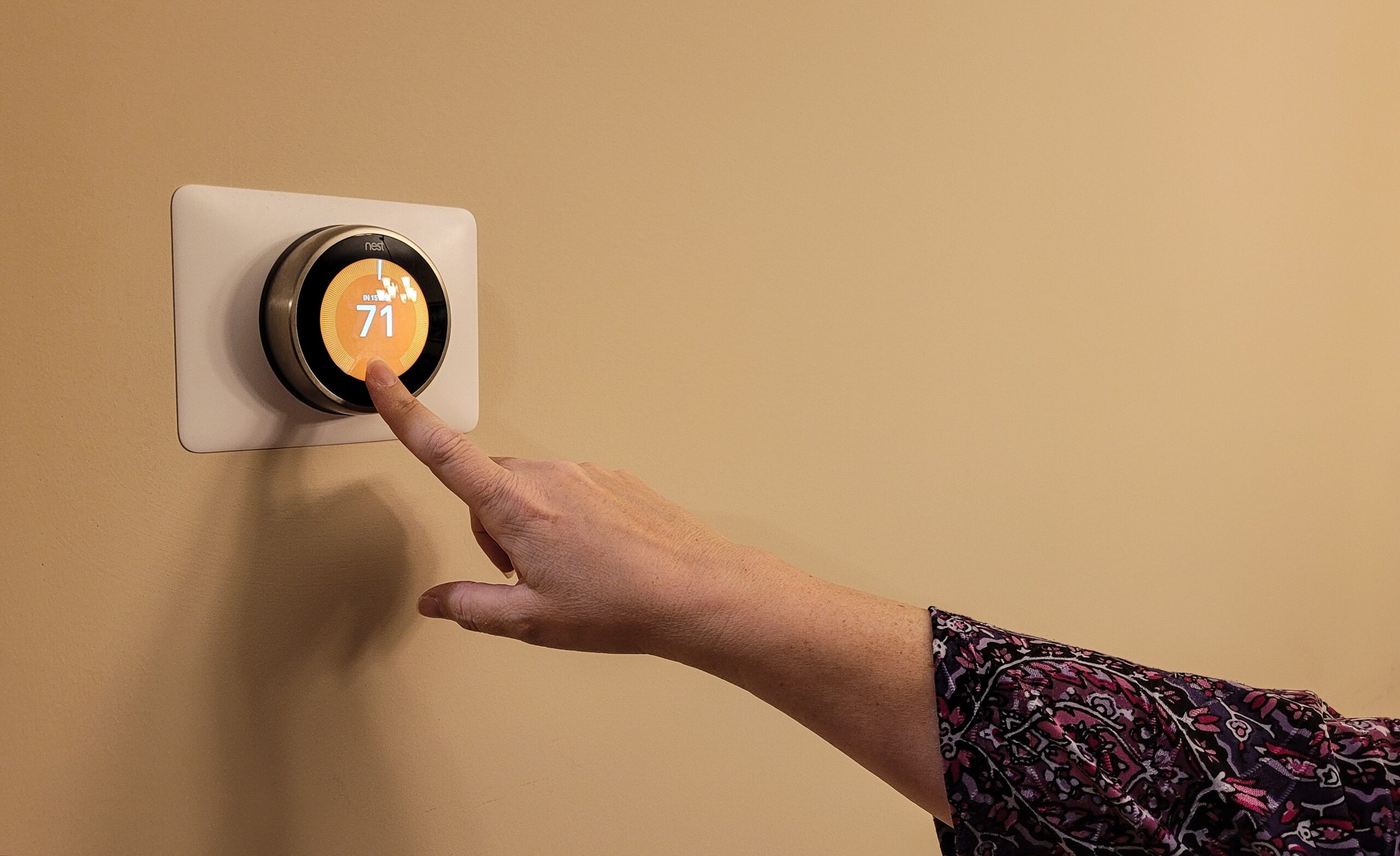

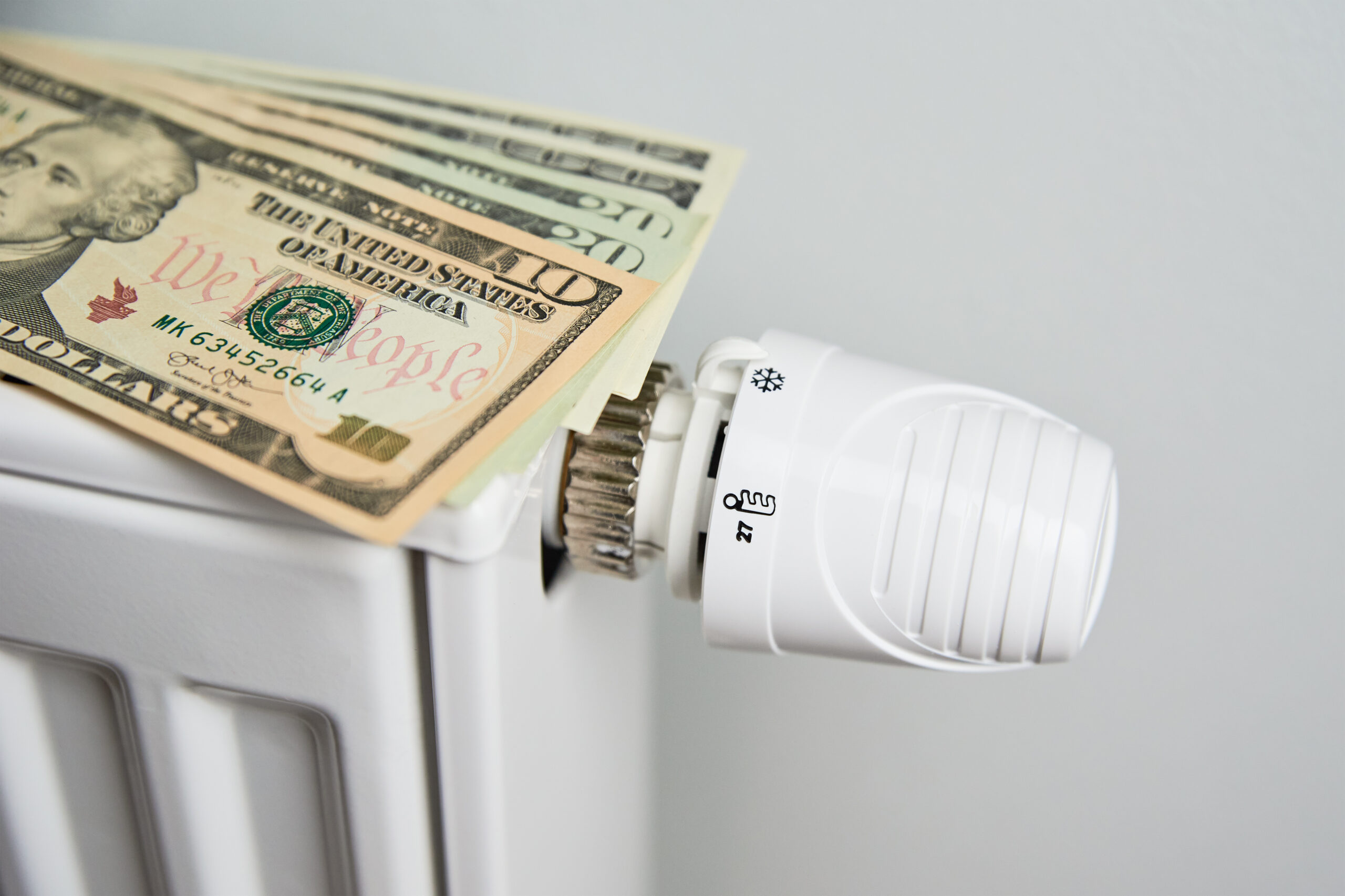
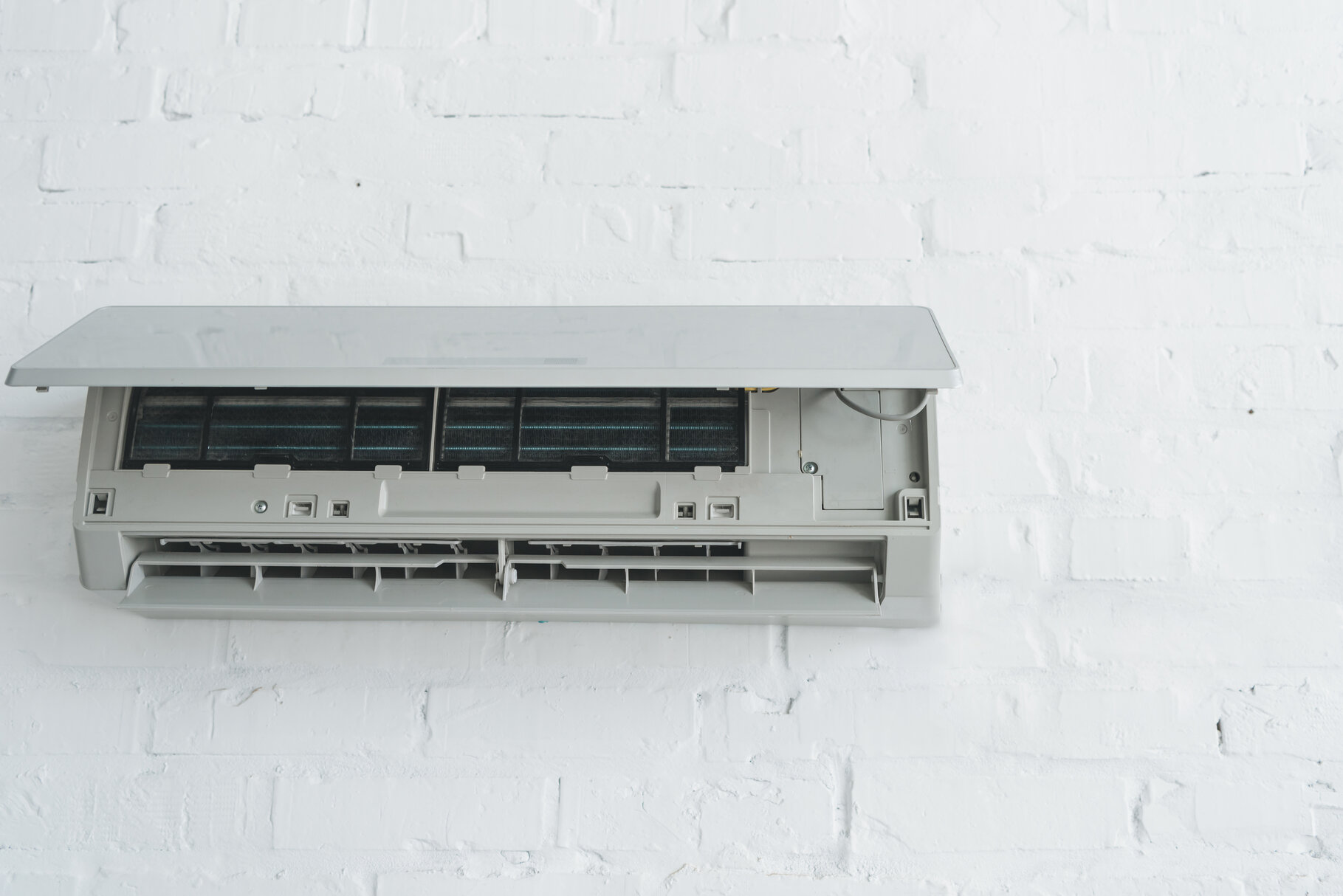
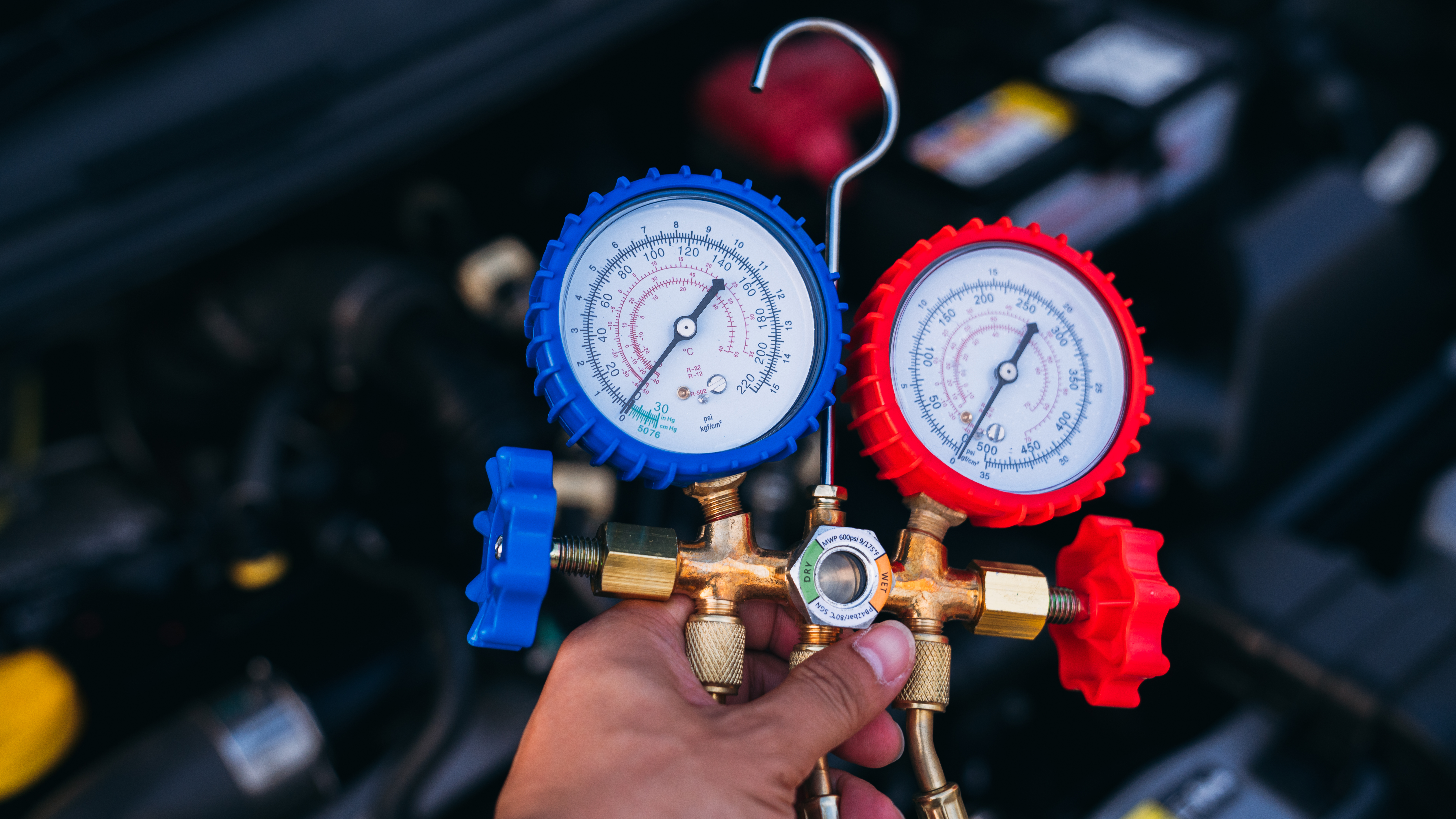




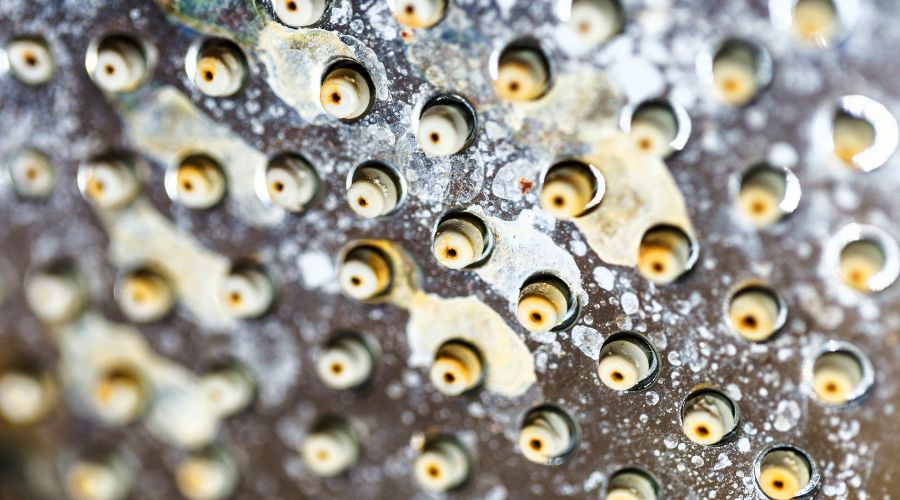
 There are many signs that can signal a home has
There are many signs that can signal a home has  Softening water, that is, removing hard water minerals like calcium and magnesium, can be done by installing a water softener. The process occurs as incoming water flows through a tank of natural resin beads that exchange hard water minerals for sodium or potassium ions.
Softening water, that is, removing hard water minerals like calcium and magnesium, can be done by installing a water softener. The process occurs as incoming water flows through a tank of natural resin beads that exchange hard water minerals for sodium or potassium ions.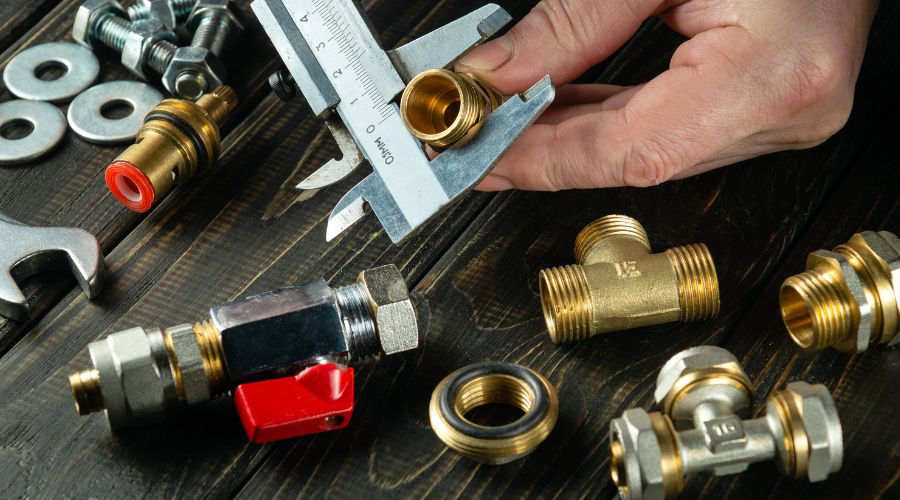
 Chemical drain cleaners are popular at most hardware stores because they are easy to sell. Who wouldn’t want to spend a couple of bucks on a can of drain cleaner instead of paying a plumber’s trip charge? The problem is that the makers of chemical drain cleaners are trying to sell a product, not care for a home’s plumbing.
Chemical drain cleaners are popular at most hardware stores because they are easy to sell. Who wouldn’t want to spend a couple of bucks on a can of drain cleaner instead of paying a plumber’s trip charge? The problem is that the makers of chemical drain cleaners are trying to sell a product, not care for a home’s plumbing.  The most widespread bad habit that most homeowners have is their drain and toilet habits. While drains and toilets can handle pretty big messes, the less homeowners tempt fate, the better their experience will be. In the perfect situation, homeowners should ensure that only wastewater and human waste go down the
The most widespread bad habit that most homeowners have is their drain and toilet habits. While drains and toilets can handle pretty big messes, the less homeowners tempt fate, the better their experience will be. In the perfect situation, homeowners should ensure that only wastewater and human waste go down the 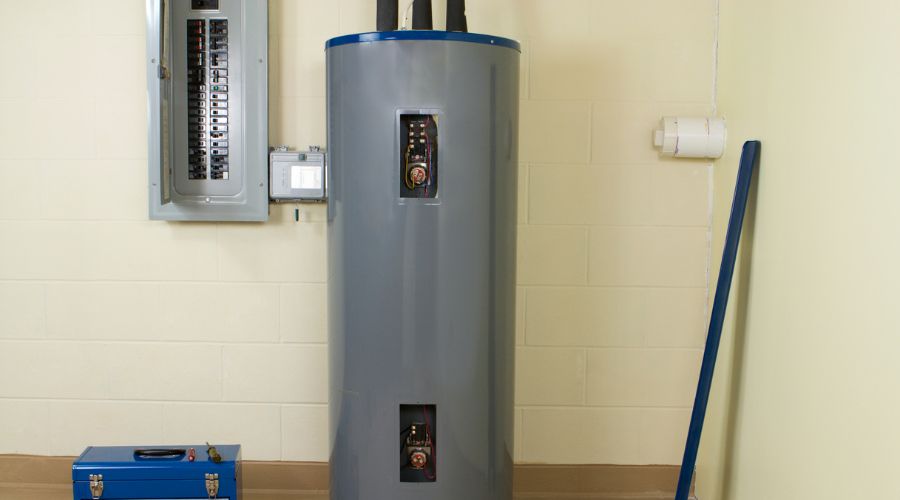
 If the owner notices a spike in utility bills, the water heater could be the culprit. Over time, a poorly maintained water heater can accumulate sediment and lose efficiency. When sediment builds up inside the tank, it creates an insulating layer between the heating elements or burners and the water, forcing the unit to work harder to heat the water.
If the owner notices a spike in utility bills, the water heater could be the culprit. Over time, a poorly maintained water heater can accumulate sediment and lose efficiency. When sediment builds up inside the tank, it creates an insulating layer between the heating elements or burners and the water, forcing the unit to work harder to heat the water.  Unusual noises coming from the water heater can also indicate problems. Some common sounds and their potential causes include:
Unusual noises coming from the water heater can also indicate problems. Some common sounds and their potential causes include: